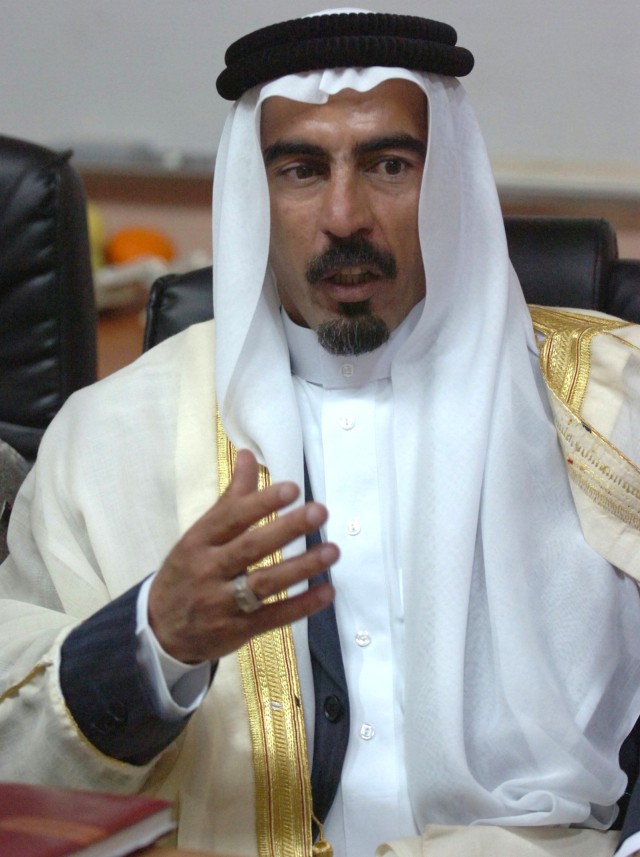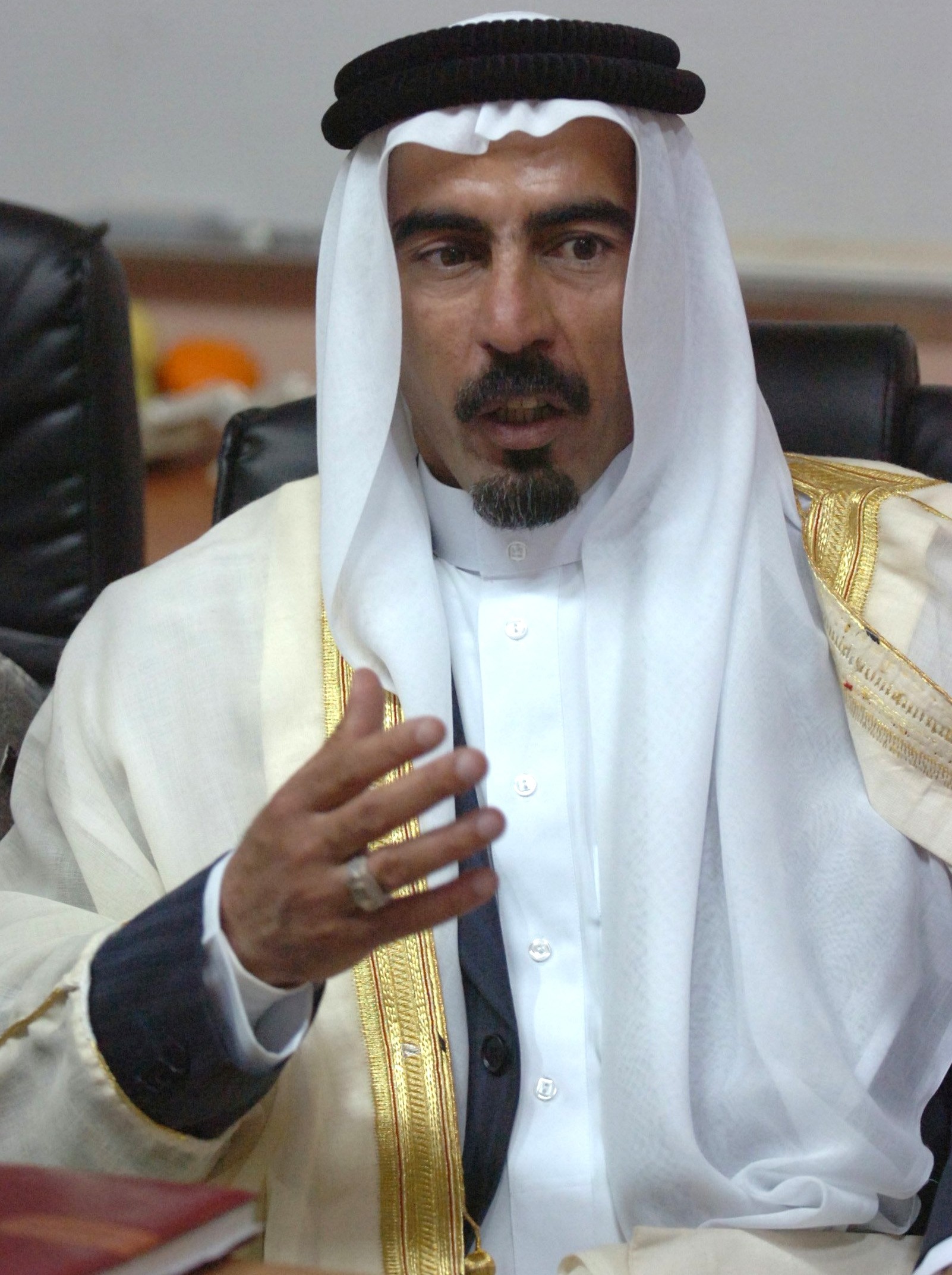
WASHINGTON (American Forces Press Service, May 9, 2007) - Continued vigilance against al Qaeda, improved governance and focused reconstruction are vital to continued success in Iraq's Anbar province, a top military official said today.
"Six months ago some people said that al Anbar was lost, but today, due to the patience, perseverance and commitment of the people in that province, we are seeing encouraging signs of progress in regards to security," Maj. Gen. William B. Caldwell IV, Multinational Force Iraq spokesman, told reporters in Baghdad.
The Anbar security conference held April 9 in Ramadi brought Iraq's minister of defense and national security advisor together with provincial Iraq security force and coalition commanders to discuss security and transition in the province.
"This meeting created an environment for the initial promising steps towards security that we see happening in the Anbar province today," Maj. Gen. Caldwell said.
Increased collaboration between tribal leaders and Iraqi officials has encouraged participation in municipal council elections and led to more active community mayors, he added.
A key ally driving national and regional reconstruction is the Army Corps of Engineer's Gulf Region Division. Along with Iraqi ministries, provincial and local leaders, coalition forces and U.S. government agencies like U.S. Agency for International Development, the division is spearheading public works projects to improve Anbar's water, oil and electricity infrastructure.
Maj. Gen. Caldwell said tribal leaders' engagement in Anbar's political process also has driven up Iraq army and police recruitment, despite the threat of terrorist reprisals. Anbar police forces, for instance, have suffered more than 500 attacks this year.
"The last three basic training courses for the Iraqi army ran over 100 percent of capacity just to handle all of the new recruits," he said. "This (is occurring) in spite of, and in some cases in defiance of, al Qaeda's continuous campaign of murder and intimidation that we see out there."
Iraqi security forces are dependent on coalition advisors, but Maj. Gen. Caldwell said Anbar's capital, Ramadi, illustrates forces' increasing professionalism and capabilities.
"Much like the 'clear, hold and build' strategy here in Baghdad, recent and relentless operations with Iraqi forces and coalition forces have proven successful in clearing the majority of (Ramadi), and allowed them to establish Iraq police stations and joint security stations," he said.
Cooperation from local residents is crucial for establishing provincial stability, Maj. Gen. Caldwell said. "As you can tell from the Anbar efforts, they are complex and there are many facets to supporting the stabilization of Iraq, but the most vital element is the people themselves.
"Together, (citizens) with their Iraqi security forces and us supporting them are making progress," Maj. Gen. Caldwell said.

Social Sharing